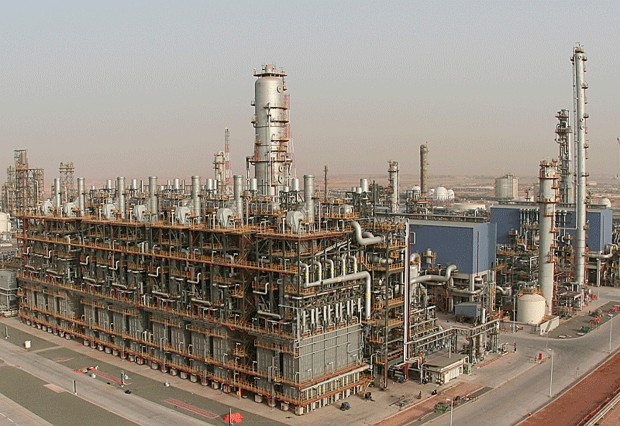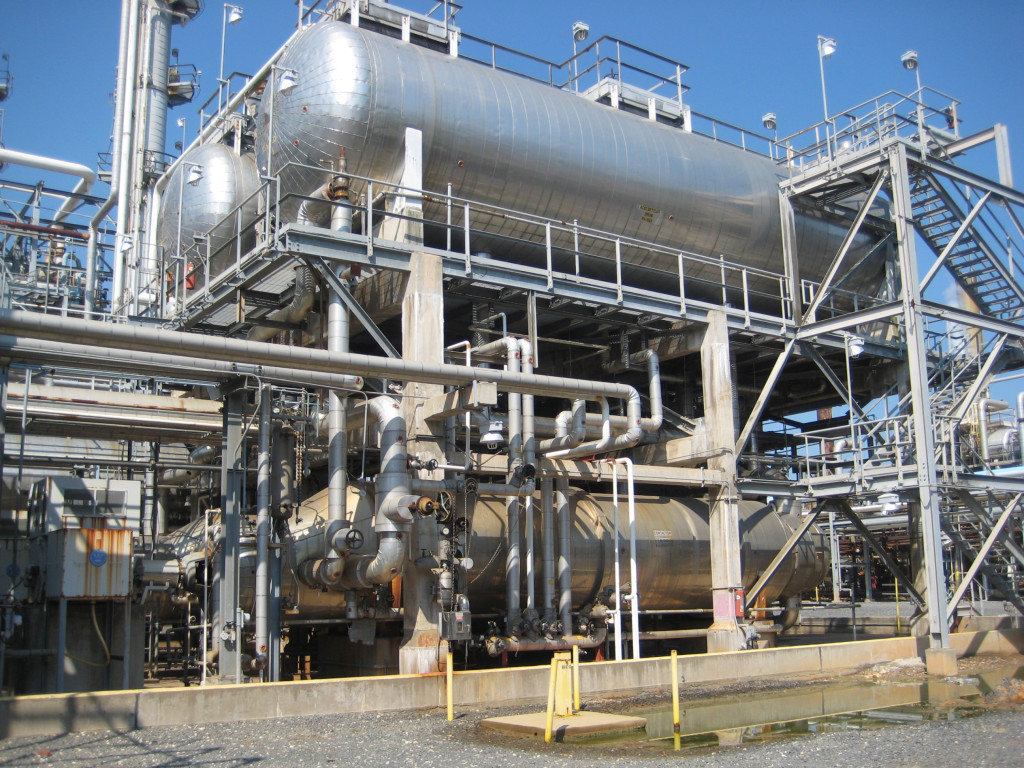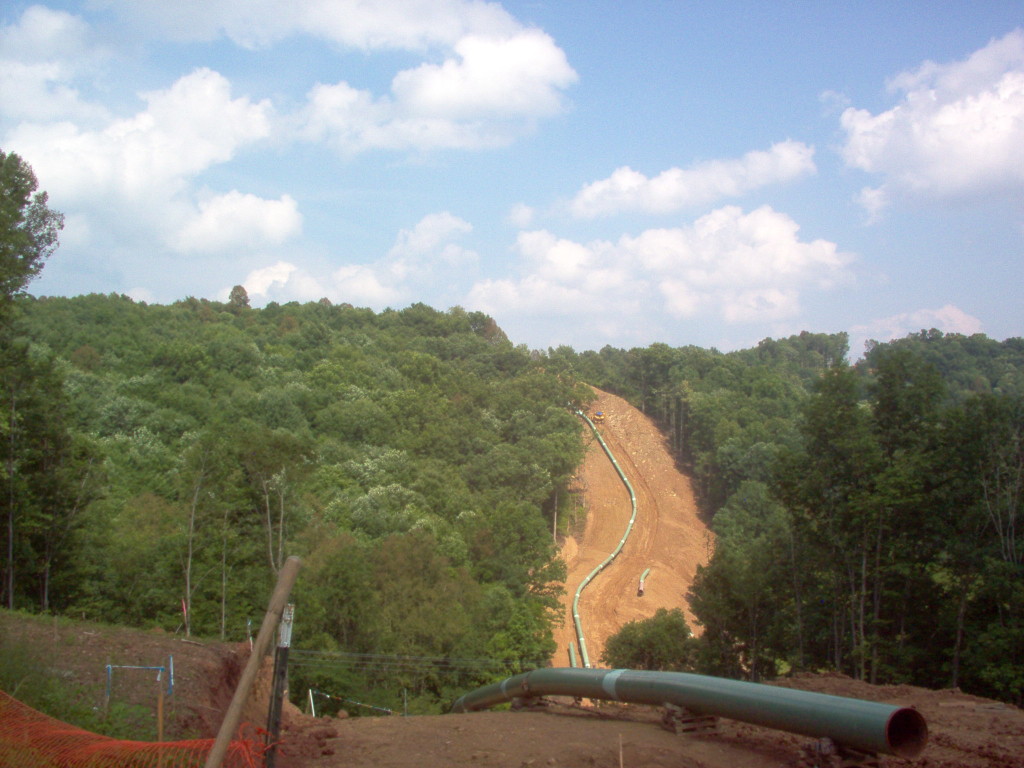We don’t often run across a good rule of thumb that we don’t know at this point. Here’s one that’s new. Outside of some occasional spikes, oil will always hover around $30 per barrel when adjusted for inflation.
There are a couple of other items of interest in this article by Anya Litvak of the Pittsburgh Post-Gazette. The big takeaway for everybody, though, is that $30 figure for the inflation-adjusted price of oil. When oil prices start to rise, we can know they will drop. How it got to over $100 per barrel for a while there is beyond my ken. It stayed there for quite a while, too.
Taking a look at the historical values for WTI crude oil prices, you can see some lengthy spikes. Make sure to remove the options for “Log Scale” and “Show Recessions” just above the graph. The interesting thing to note is that when prices climb above about $80 they usually stay up for about five years. The major spikes were in 1980 and in 2008. The major crashes were in 1985 and in 2009. The crash just after 9/11 wasn’t as big as we would have expected. Interestingly, the crash in 2009 was followed by a huge spike which lasted for about five years.
All of the major crashes look to me like they followed a stock market crash. You’re welcome to correct me if I’m wrong. The times when oil prices really did well were times when the economy was humming right along in the 1980s and when there was a lot of money being put into the economy by “easing”. I don’t have the economic background to explain what was going on just before the 2009 crash, but I imagine someone reading this can explain that for us.
Regardless, the price of oil isn’t going to stay below $30 for long if it drops below that, and it’s not going to get back up to $100 any time soon. I’ll be surprised if it gets above $50 per barrel any time soon, to be honest. The frackers just have too many wells ready to produce when the price starts to rise. I think this bodes well for the economy as a whole in the near future. Cheap and less volatile energy prices are great for the United States economy, and probably for the world economy as well.
They heyday of ridiculously high bonus amounts for signing oil and gas leases is over. Luckily in West Virginia the bonus amounts never got ridiculously high. We’re still seeing bonus amounts surprisingly close to what we saw two years ago. Royalty amounts are holding pretty steady, too. It’s still a good time to own oil and gas mineral and royalty rights in West Virginia




